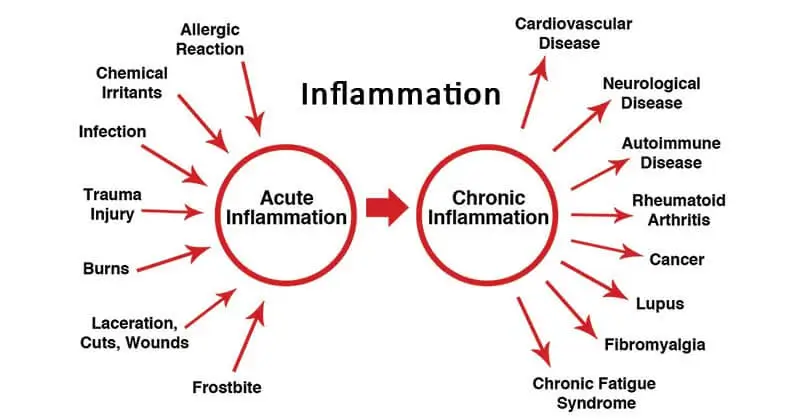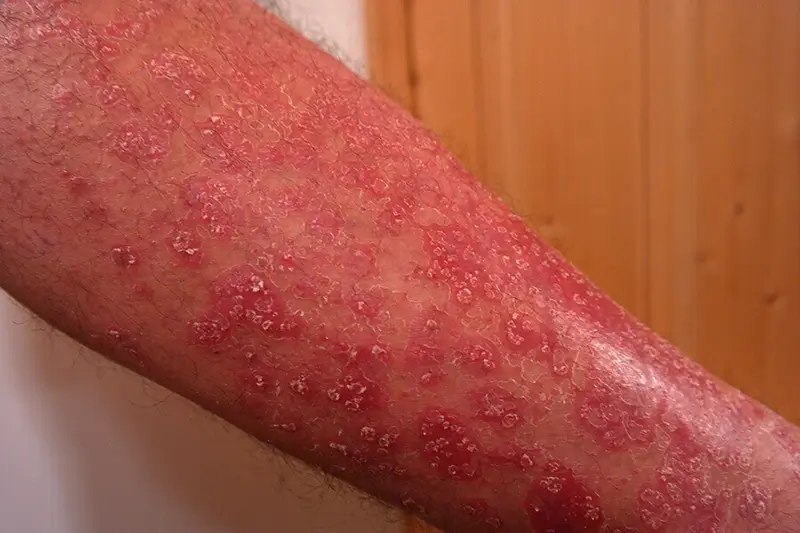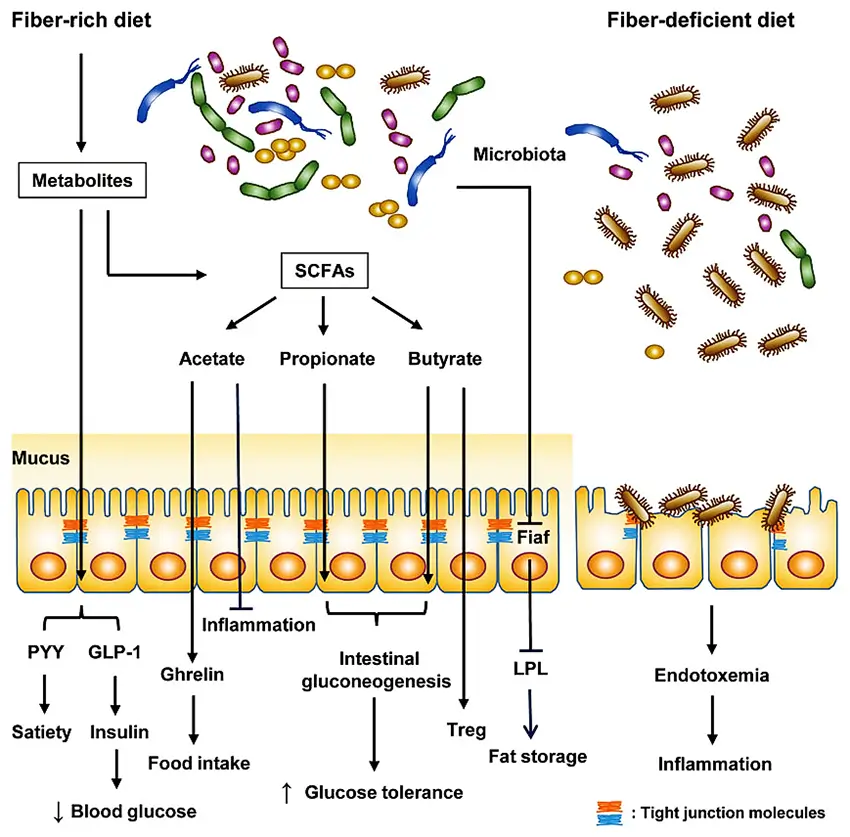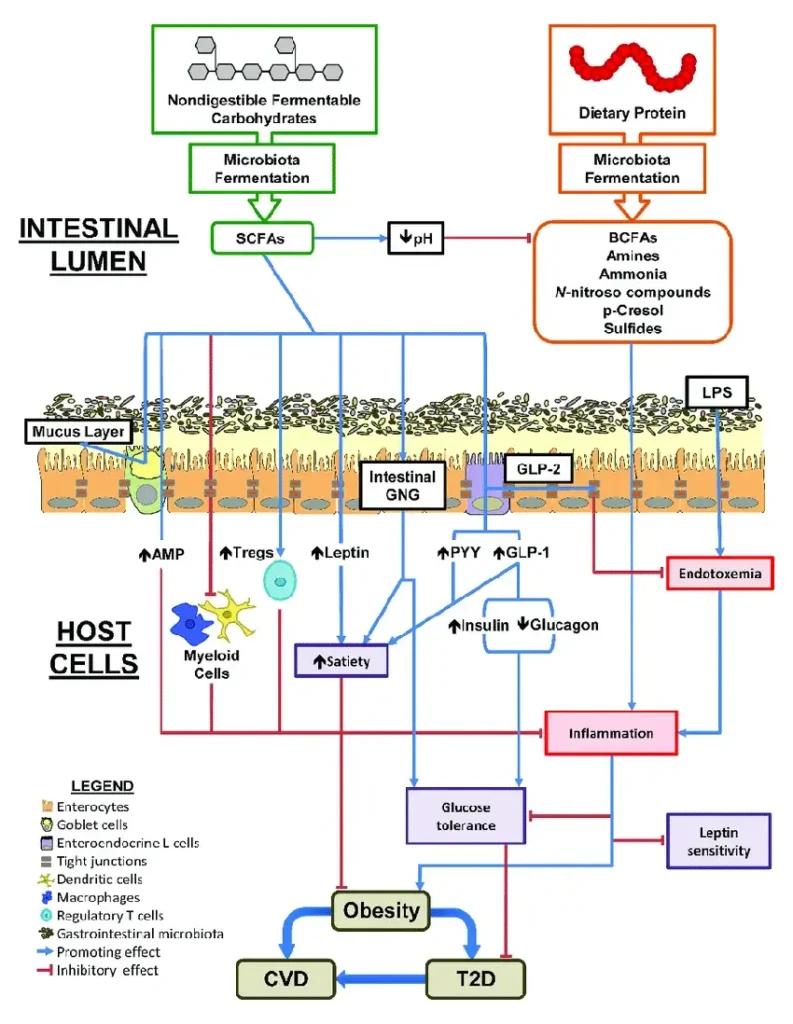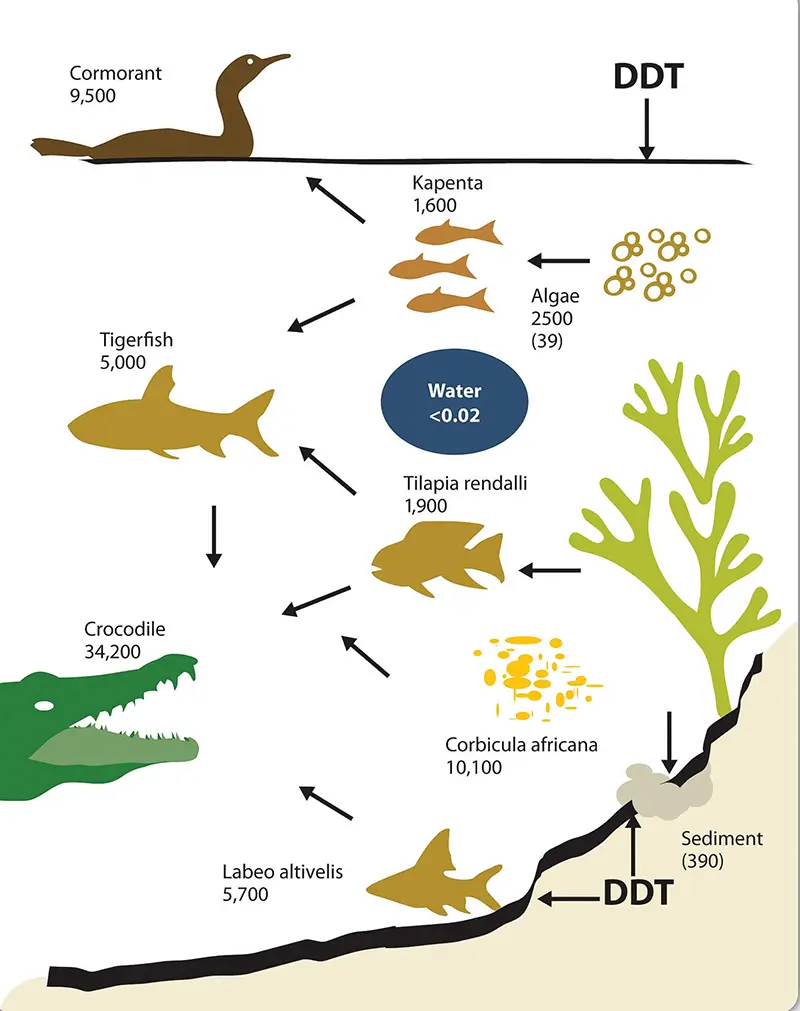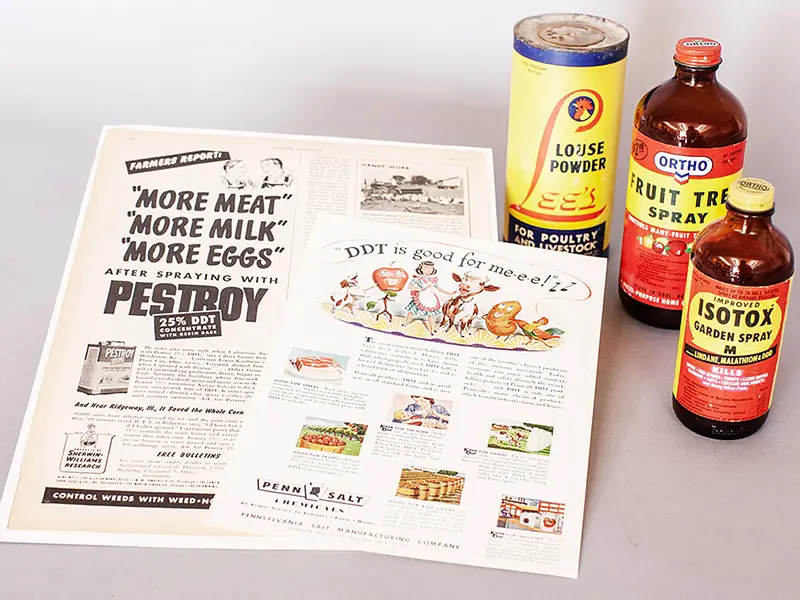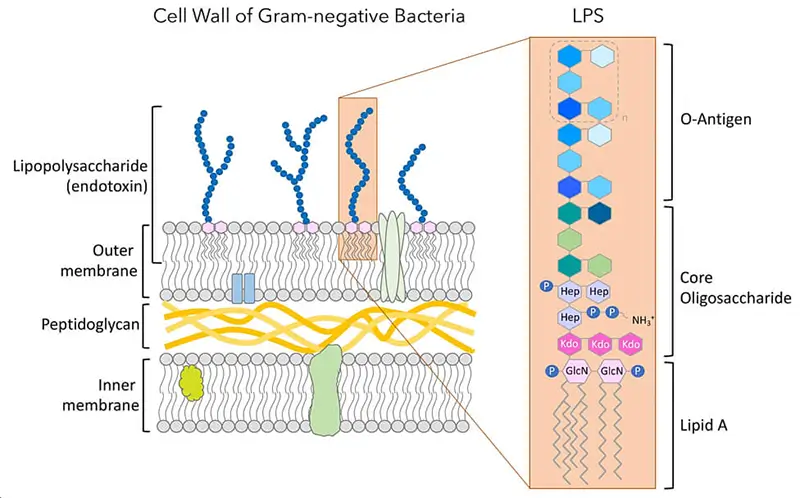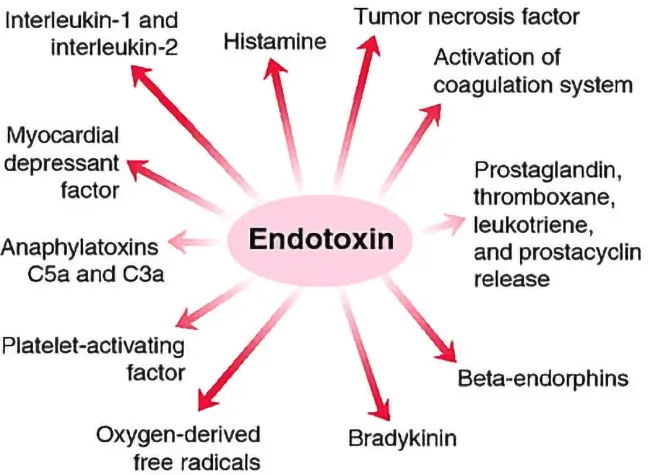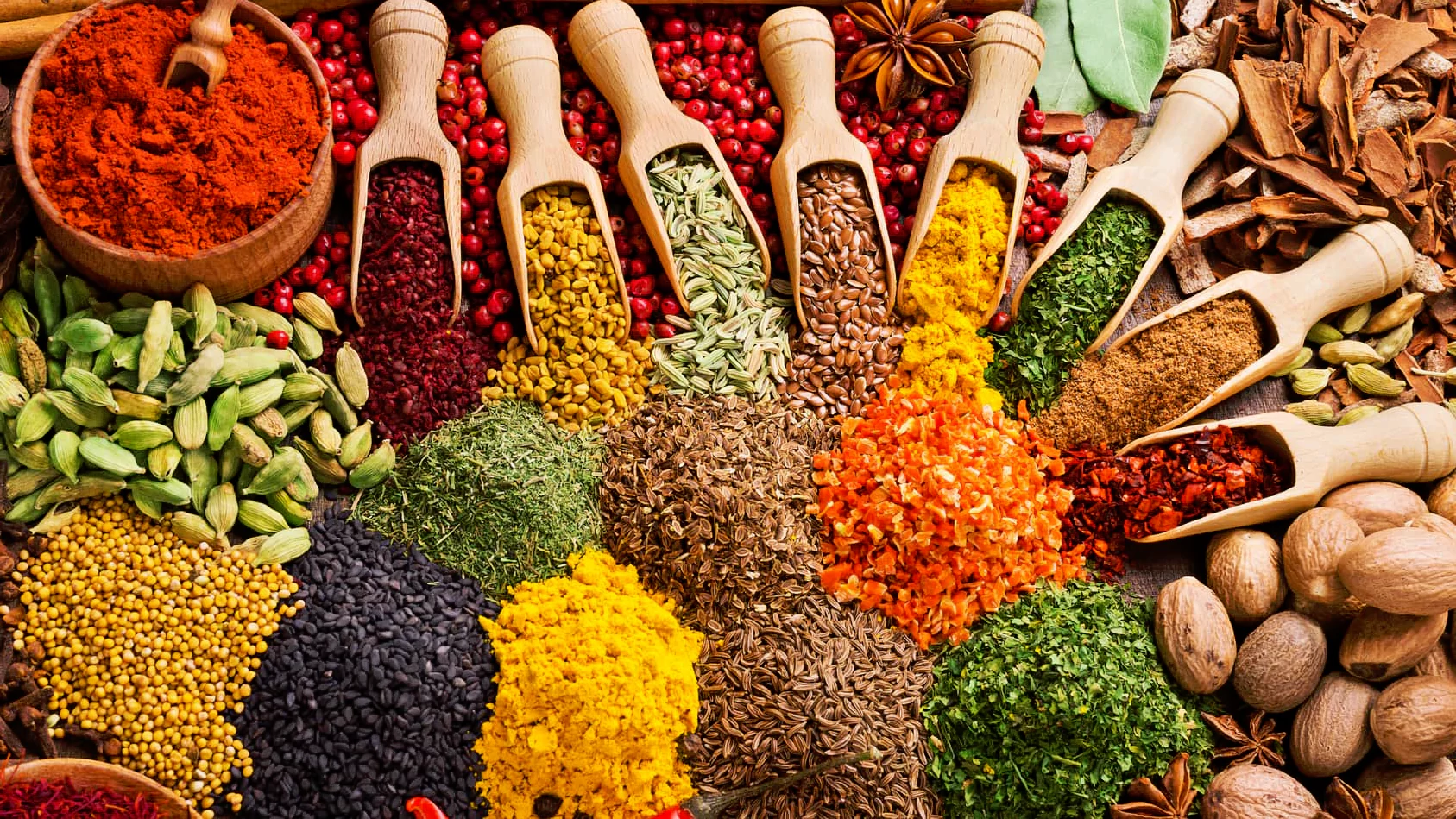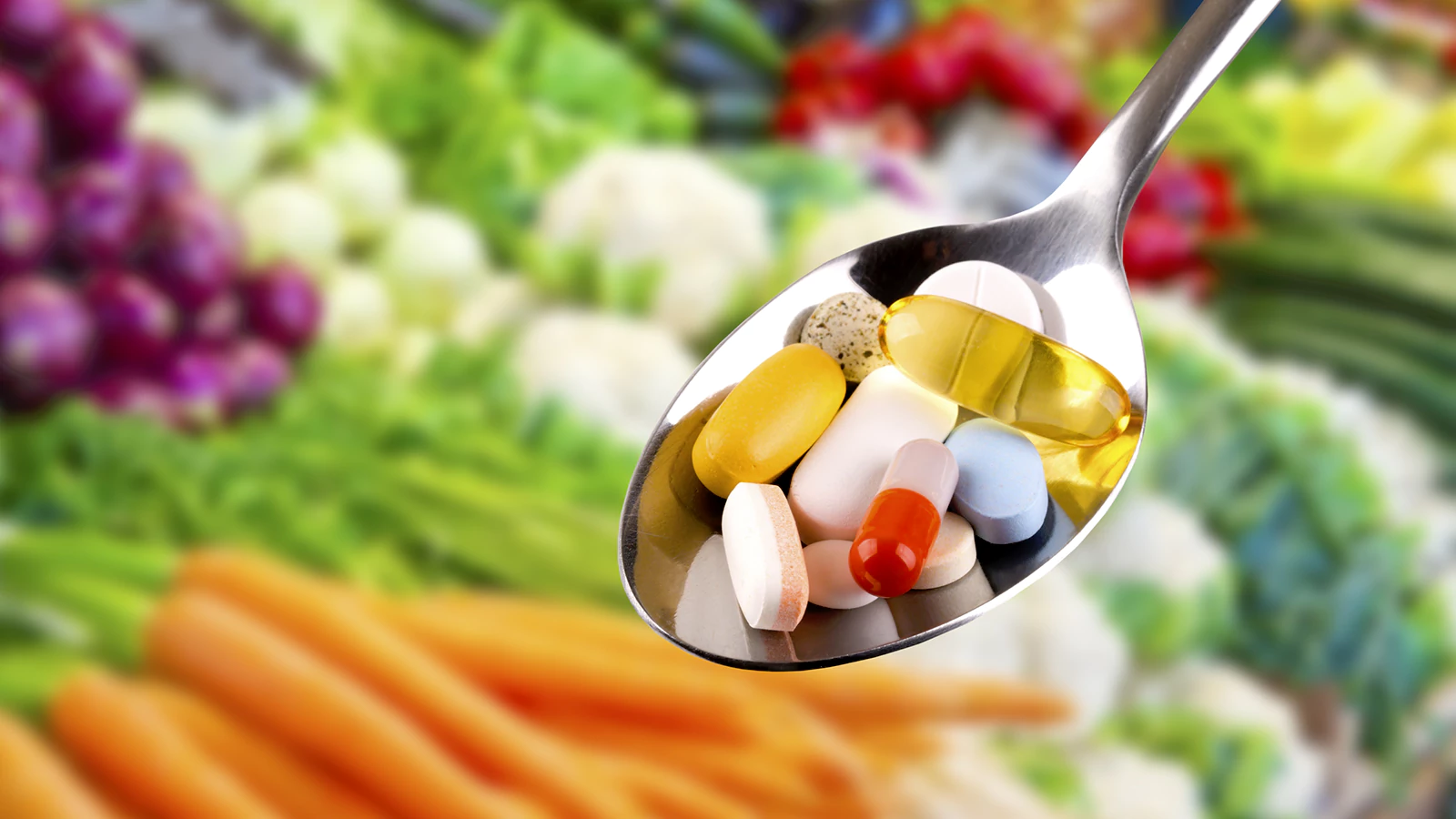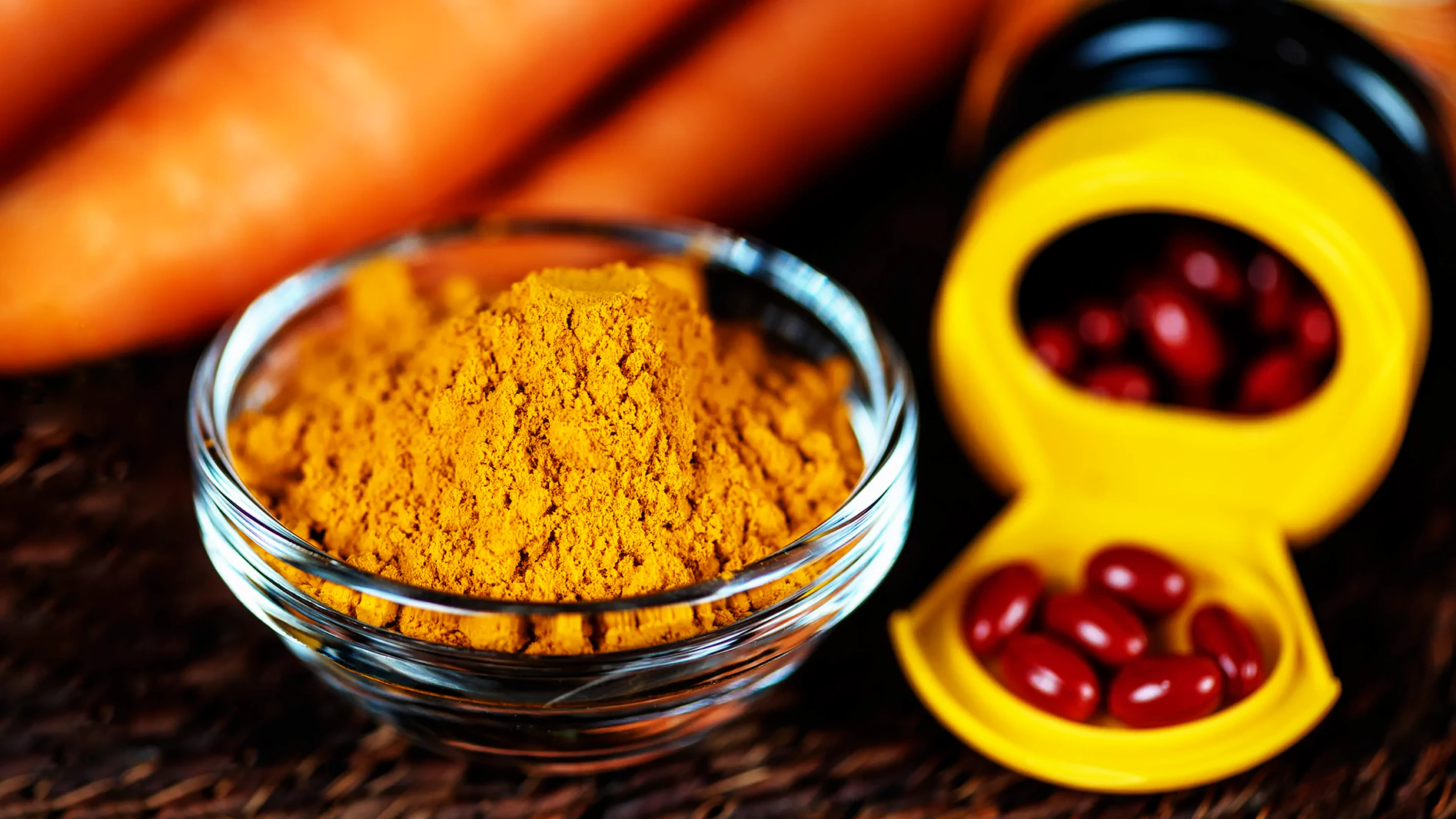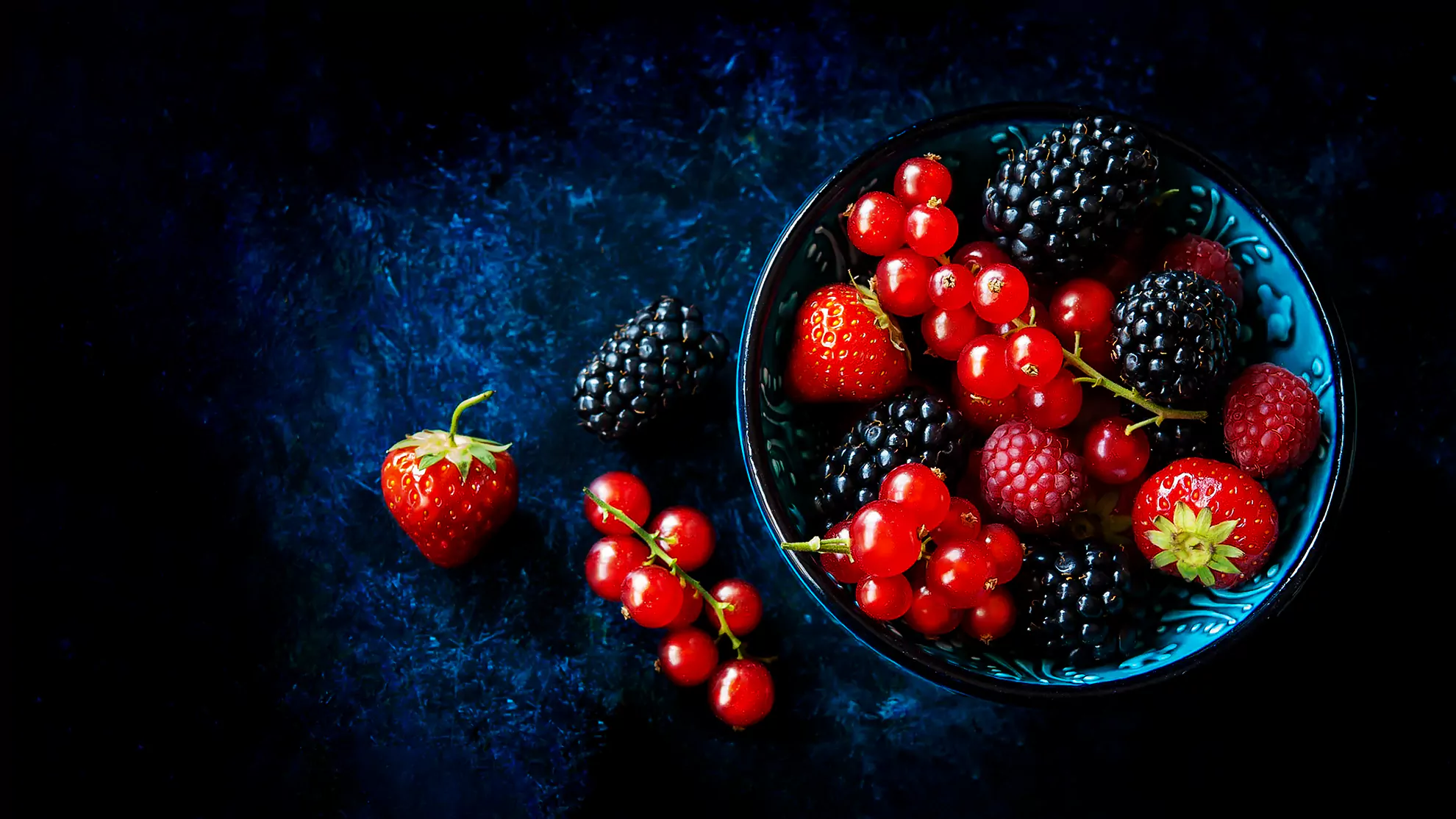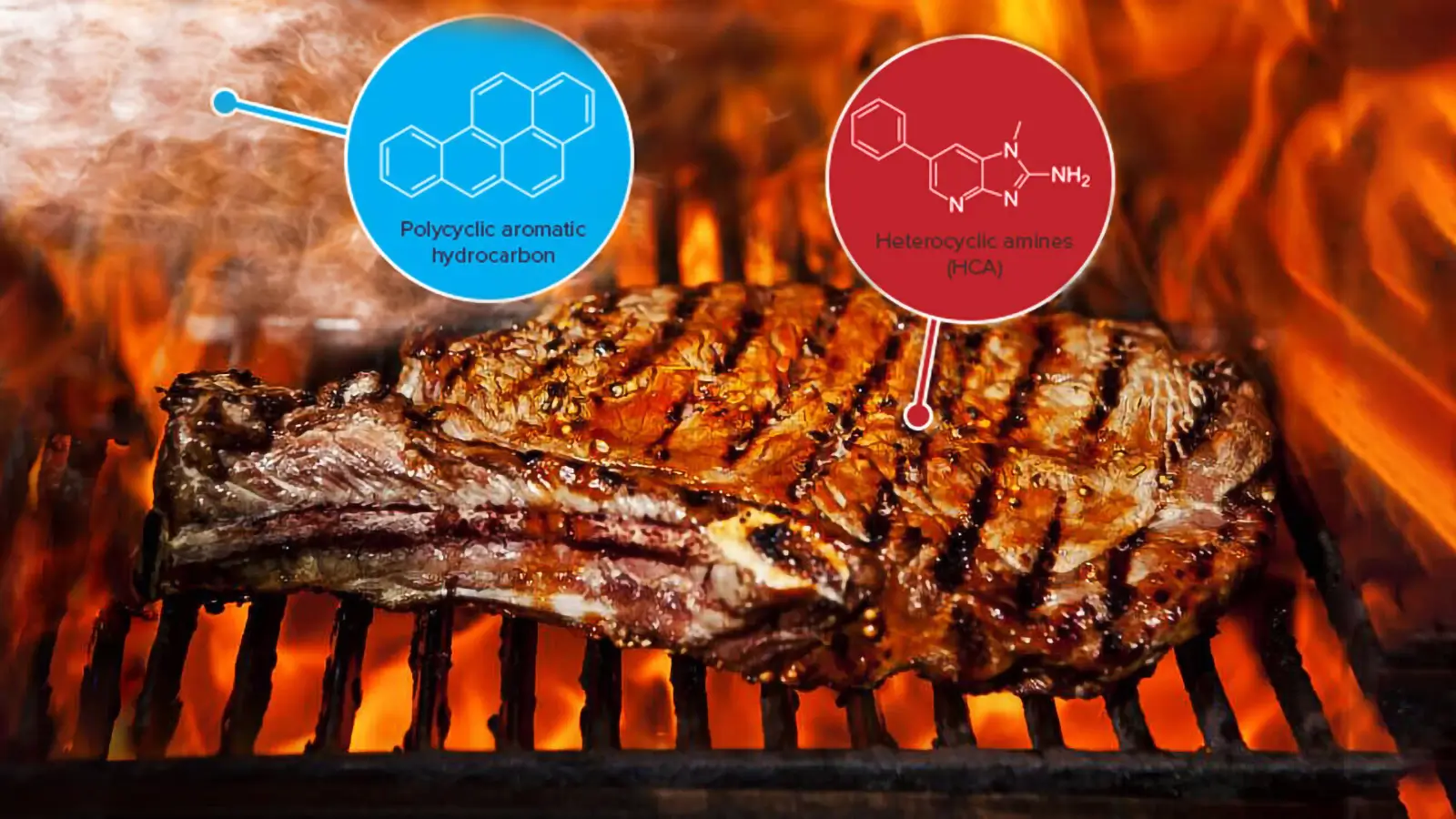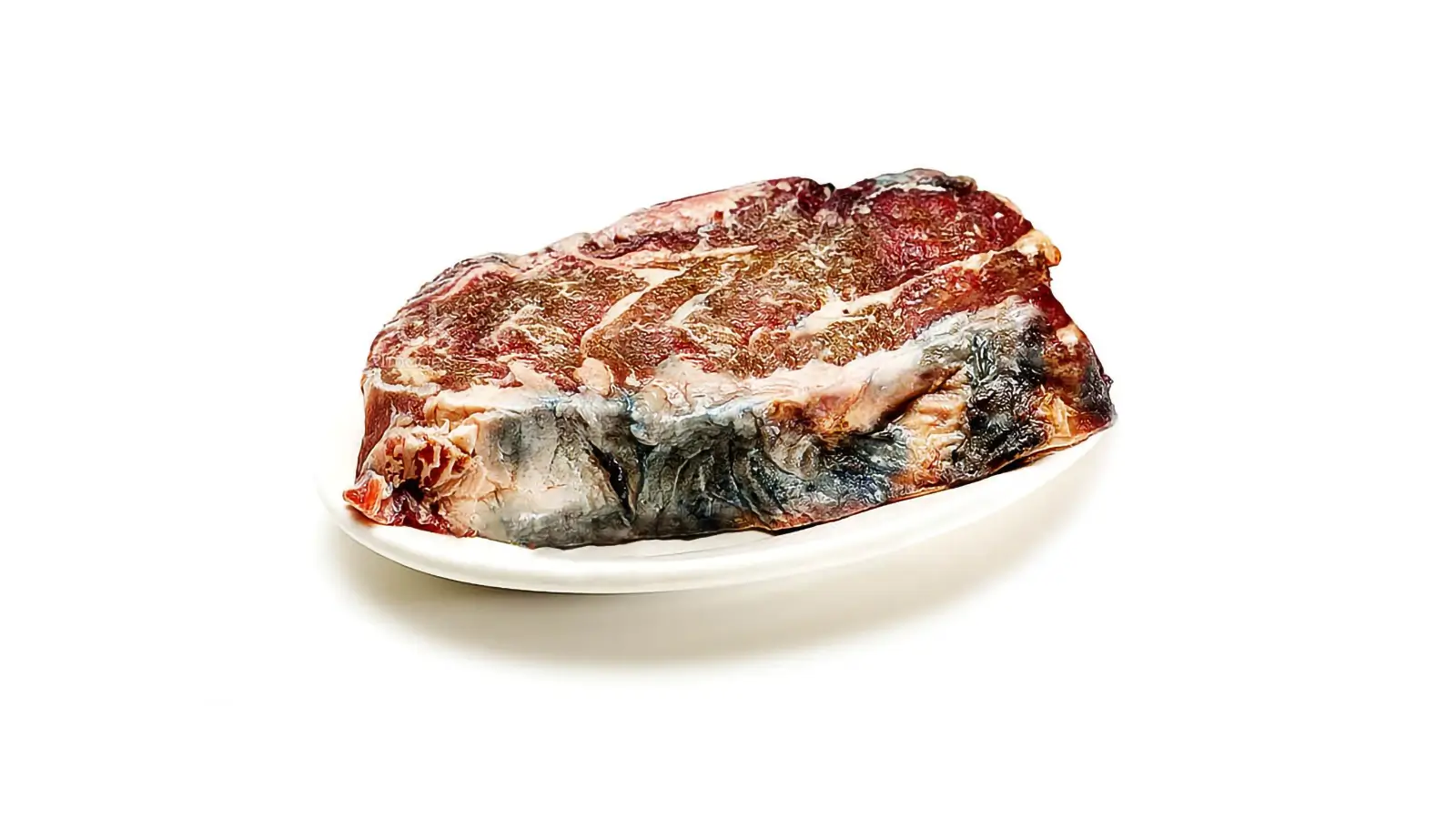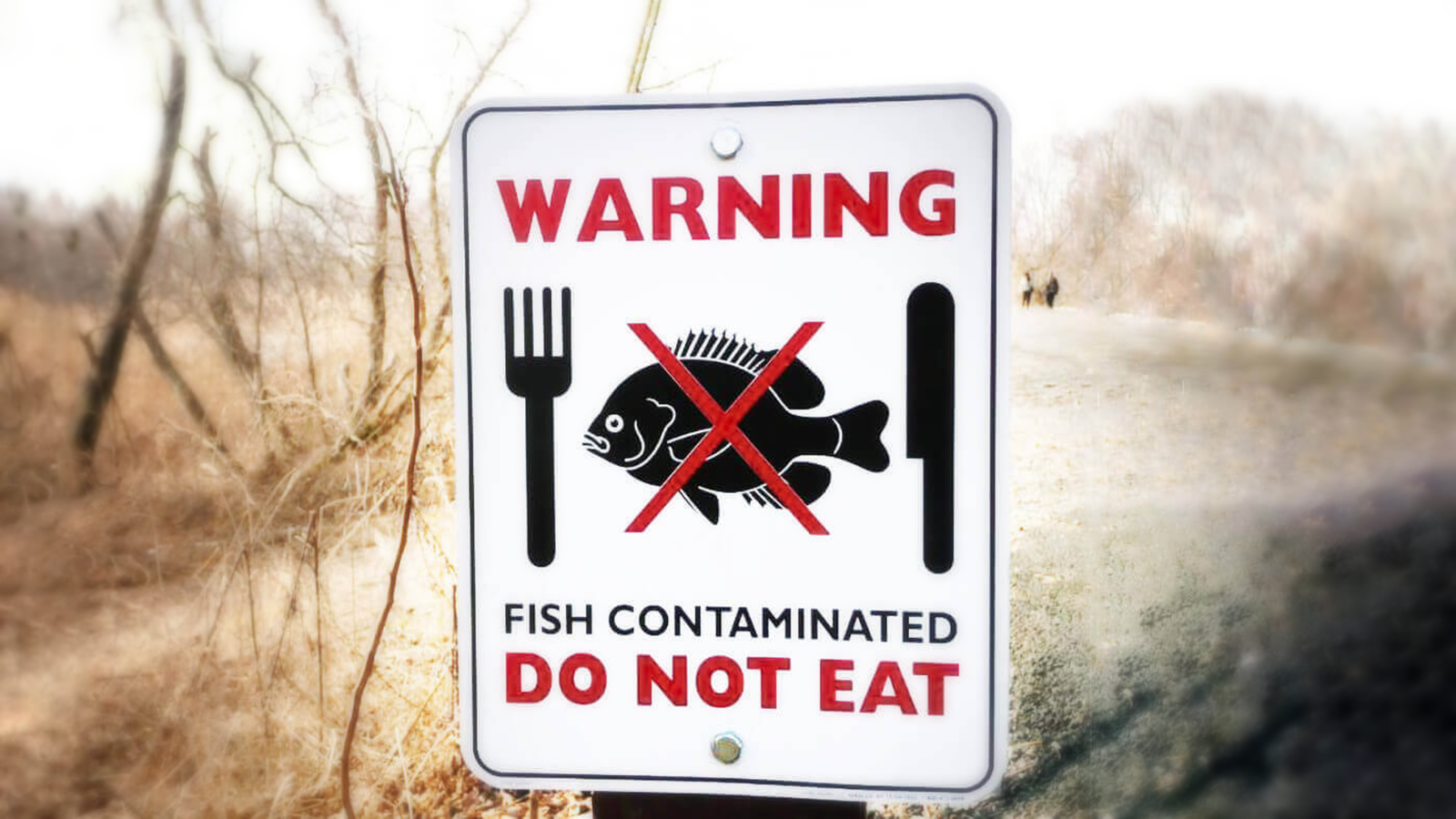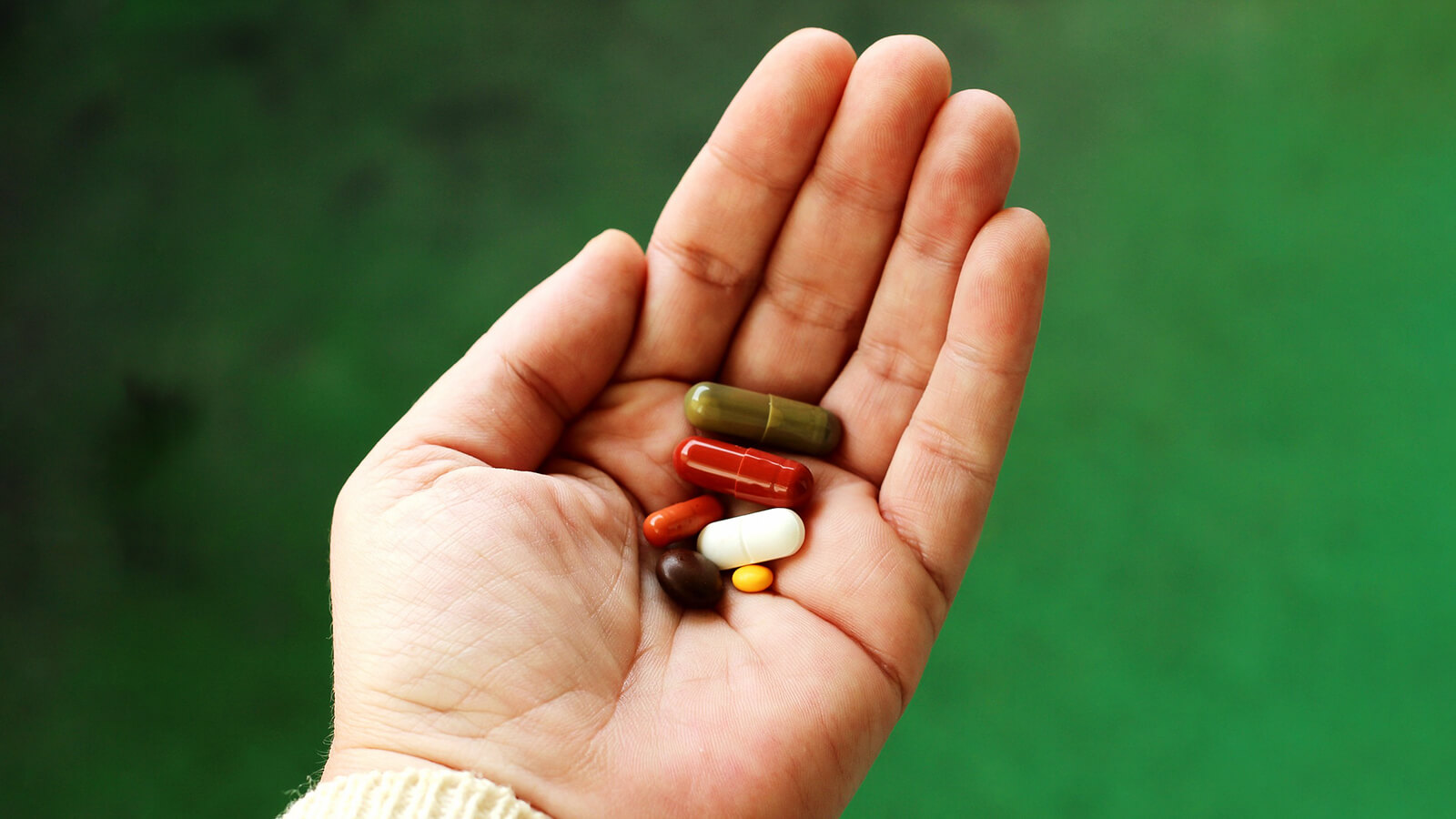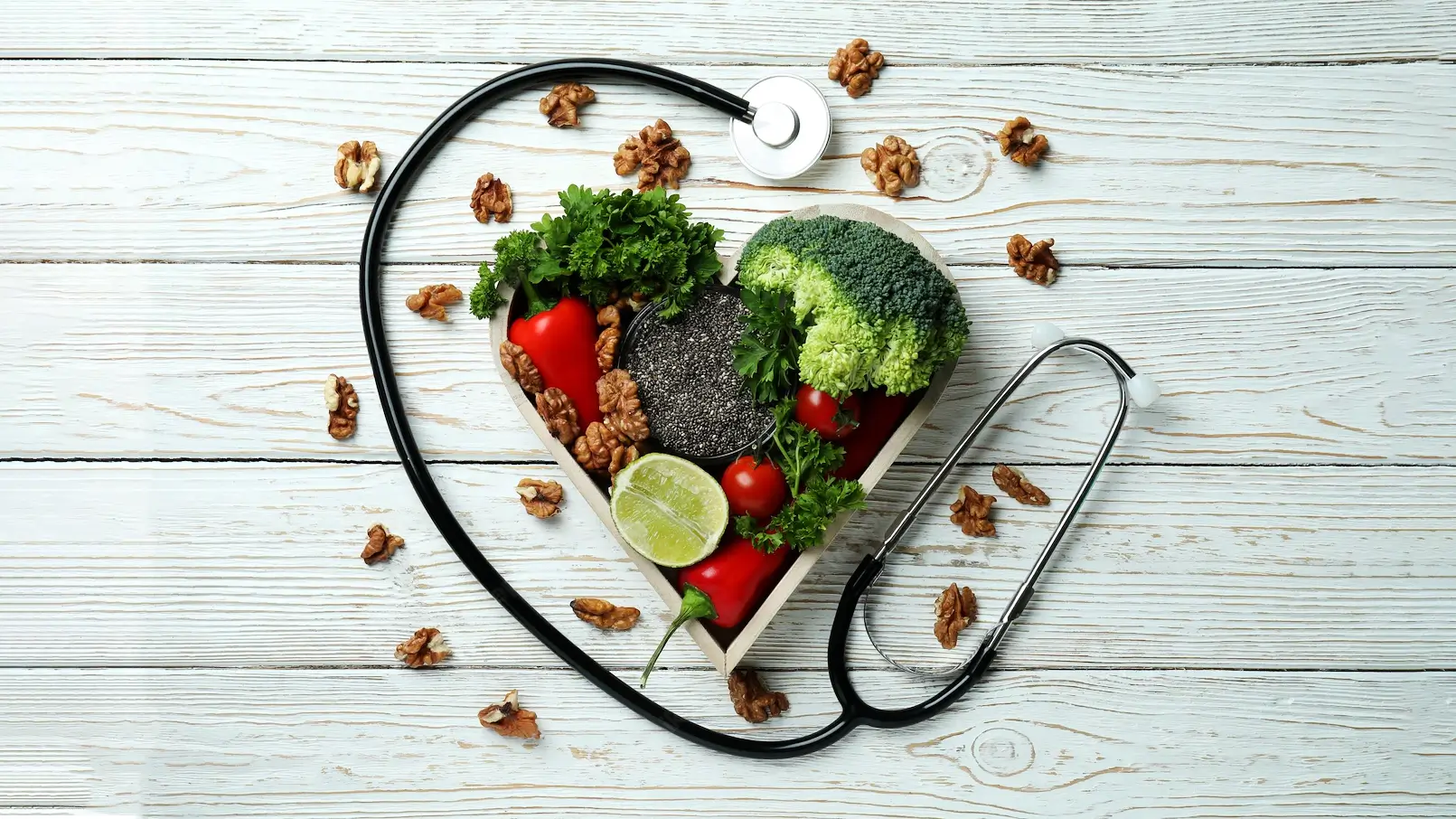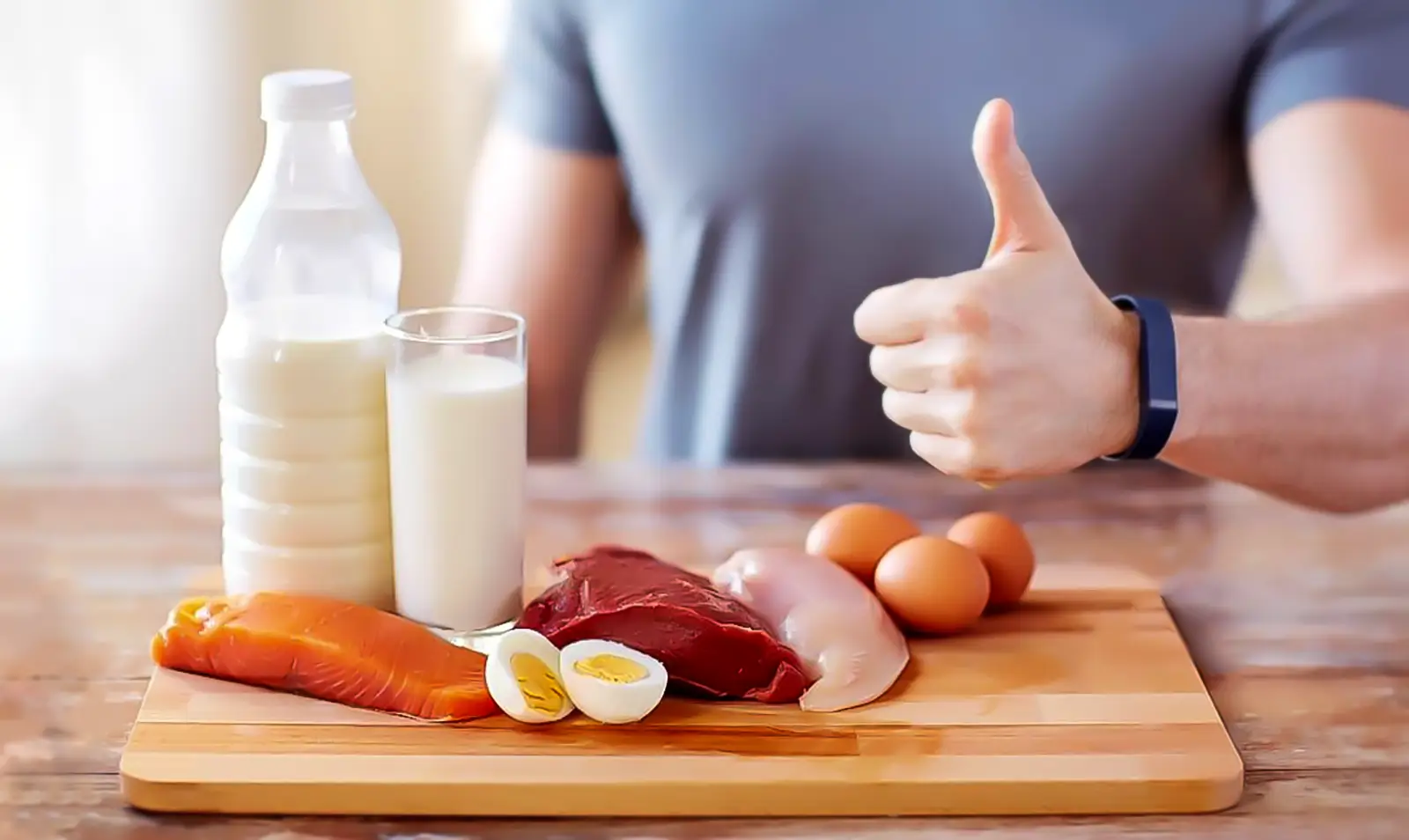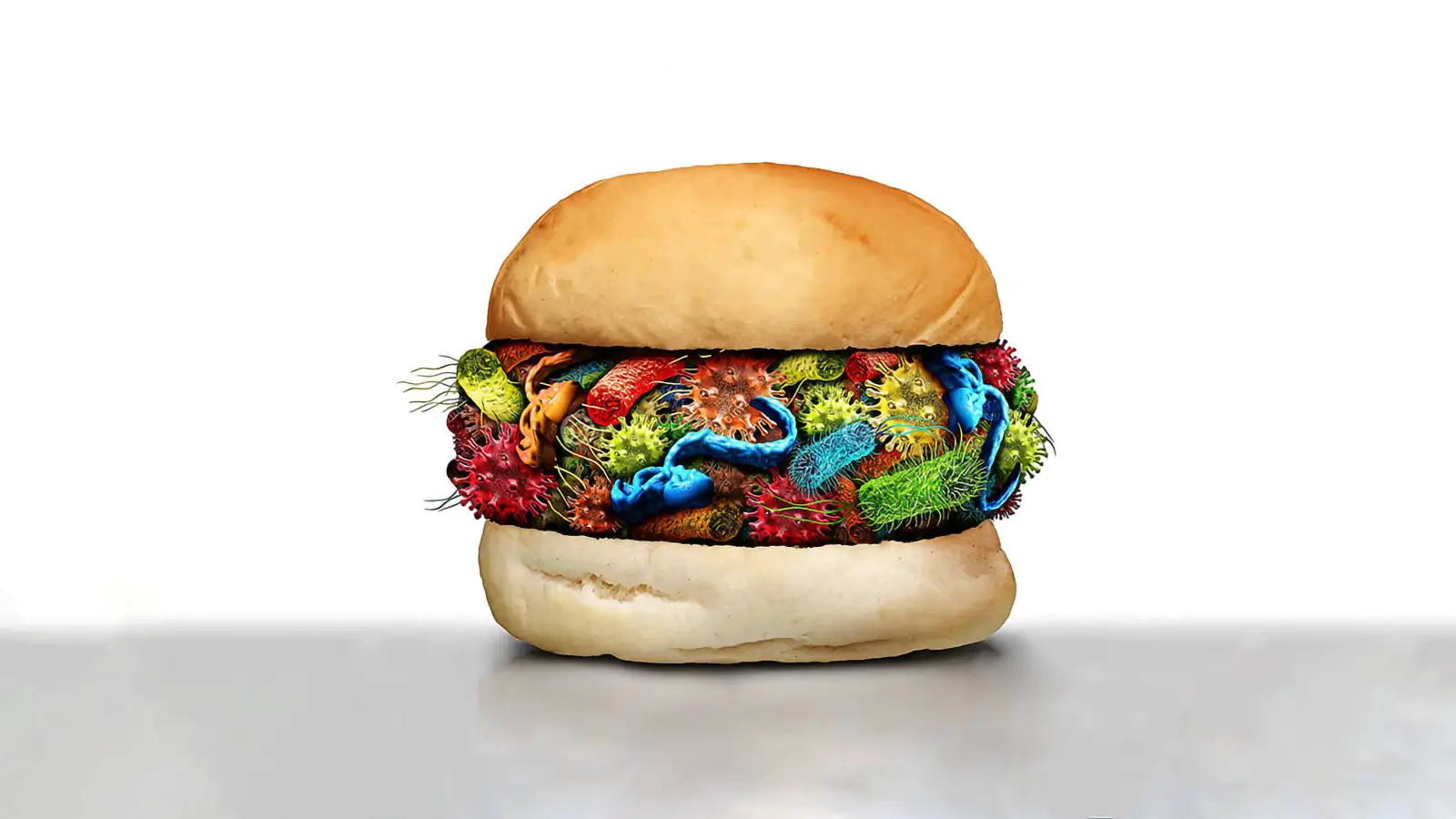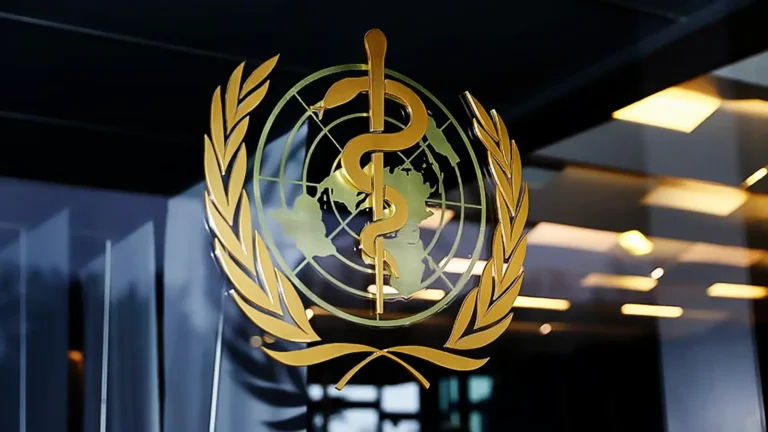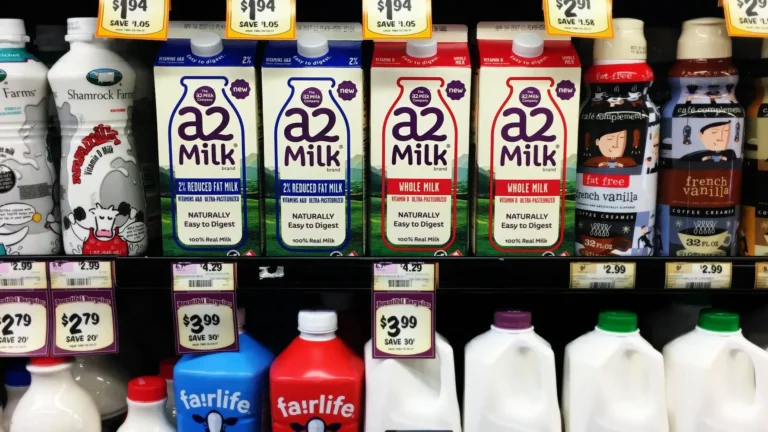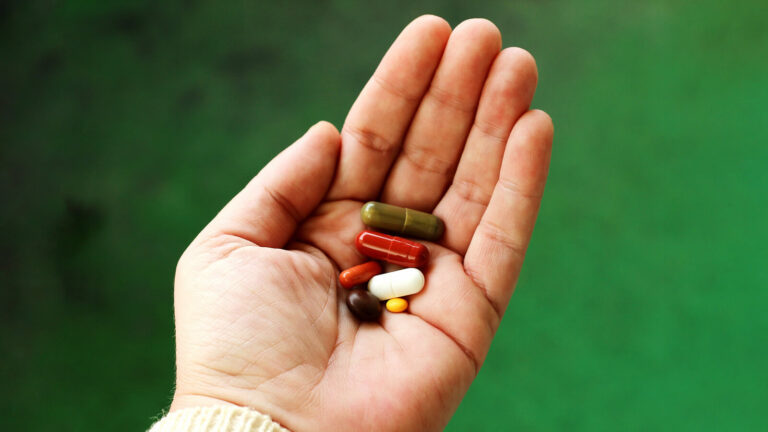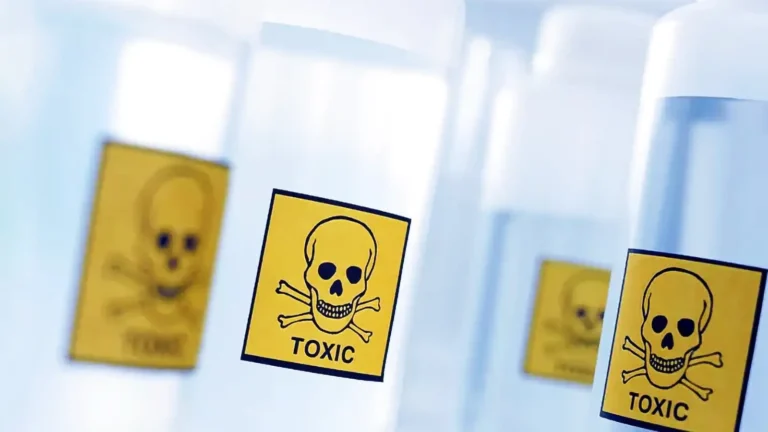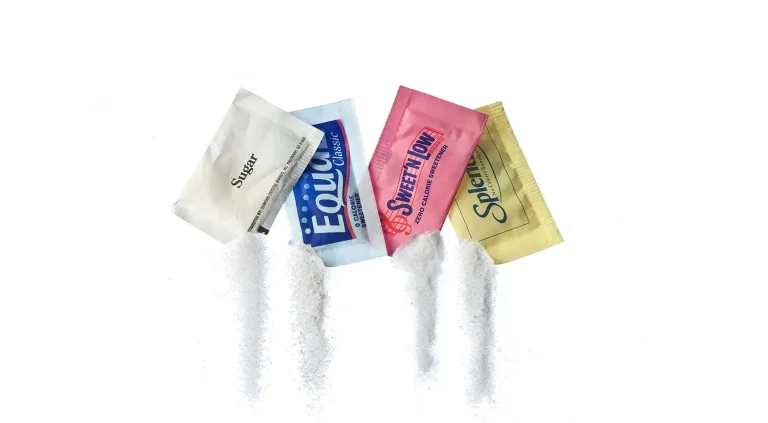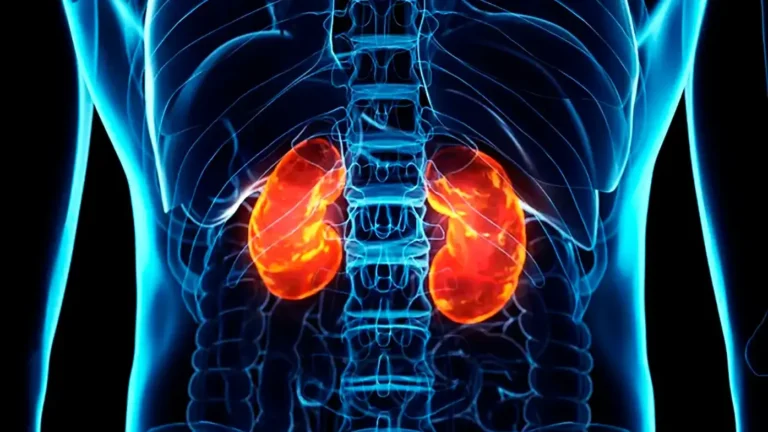La Inflamación y la Dieta- Argumento Vegana
Hemos evolucionado para recibir una ráfaga de antioxidantes protectoras cuando comemos pero no están presentes en la carne. La inflamación y la dieta tienen un alto nivel de correlación.
Milos Pokimica
Escrito por: Milos Pokimica
Revisado Médicamente Por: Dr. Xiùying Wáng, M.D.
Actualizado el 9 de junio de 2023Cuando nuestro ADN se daña, sea cual sea la causa (toxinas, radicales libres, virus, etc.), el efecto visible sería un aumento de la inflamación. La respuesta inflamatoria es el mecanismo defensivo de nuestro cuerpo. No es lo mismo que una infección y la gente suele mezclar ambas cosas. Los patógenos crearán inflamación como respuesta defensiva del sistema inmunológico de nuestro cuerpo, pero no son la fuente de la inflamación. La inflamación y la dieta también están correlacionadas. La fuente de la inflamación es el daño del ADN. Cualquier cosa que dañe nuestras células es pro-inflamatoria, incluyendo patógenos, radicales libres y sustancias tóxicas de diferentes tipos. Si nuestro sistema inmunitario funciona mal y empieza a atacar a nuestras propias células, el efecto visible será un aumento de la inflamación.
Todos tenemos algún nivel de inflamación normal todo el tiempo y sufrimos daños en el ADN continuamente. Esa es la razón por la que los médicos hablan de marcadores de inflamación en el cuerpo. Tienen un rango que se considera normal. Hay daño oxidativo que es el resultado del metabolismo natural de la energía de las células, hay un nivel bajo de patógenos con los que nuestro sistema inmunológico trata a diario y siempre hay algunas toxinas que están presentes en nuestro cuerpo. Esta inflamación "normal" causará una enfermedad que conocemos como proceso de envejecimiento.
Además, todos podemos tener una inflamación aguda (de corta duración) por diferentes motivos. Por ejemplo, podemos contraer una infección bacteriana. Nos causaría dolor y otros síntomas y seríamos conscientes de ello.
Pero existe otro tipo de inflamación. El tipo que combina ambas. Y esa es la inflamación crónica (permanente) por encima de los niveles normalmente aceptados que podría estar presente sin dolor o efectos visibles durante un largo periodo de tiempo. Seguiría ahí y tendríamos un aumento en el daño de nuestro ADN y como resultado, en la etapa final, tendríamos alguna enfermedad como consecuencia. Por ejemplo, podríamos contraer cáncer o simplemente aumentar nuestro ritmo de envejecimiento.s
Cuanto mayor sea la inflamación general, mayor será el daño en el ADN, más corta será la vida y mayor la probabilidad de enfermedad. Lo ideal sería que no tuviéramos inflamación ni daños en el ADN y que viviéramos para siempre, pero eso no es posible debido al metabolismo celular normal.
Casi todas las enfermedades crónicas están asociadas a la inflamación crónica, desde el cáncer a las enfermedades autoinmunes, la diabetes y las enfermedades cardiovasculares, y básicamente la mayoría de las enfermedades que se han probado.
Esto se debe, y la gente no lo entiende, a que la inflamación no es una enfermedad en sí misma. Es sólo una reacción defensiva del cuerpo. Es un biomarcador que nos dice cuánta destrucción de nuestro ADN tenemos en nuestro interior. Es una respuesta del sistema inmunológico que se puede bajar artificialmente con medicamentos antiinflamatorios. Bajar la inflamación artificialmente si no nos ocupamos de las enfermedades autoinmunes y del mal funcionamiento del sistema inmunológico sólo empeorará las cosas. Sería lo mismo que bajar la temperatura corporal cuando tenemos gripe. ¿Haría eso que el virus de la gripe desapareciera o sólo debilitaría el mecanismo defensivo de nuestro sistema inmunitario?
Cuando tratamos la inflamación crónica tenemos que eliminar las causas de raíz de ese daño en el ADN, no sólo la inflamación.
La forma en que la dieta puede causar un aumento de la inflamación se debe a dos razones principales.
- De por sí es proinflamatorio, lo que significa que tiene toxinas, sustancias químicas, bacterias muertas y mutágenos.
- Si no provoca un pico de inflamación por sí mismo, tampoco evita la inflamación.
Los productos de origen animal provocarán ambos efectos.
Una gran parte, alrededor del 70%, de nuestro sistema inmunitario se encuentra en el intestino y en la mayoría de los ganglios linfáticos. Hay miles de tipos diferentes de bacterias en nuestros intestinos, pero hay dos grandes tipos básicos. Los dos grandes grupos son diferentes entre sí. Las probióticas metabolizan la fibra y viven en simbiosis con nuestro organismo y las que descomponen la carne. Si las bacterias se alimentan de carne, en cierto sentido nuestro tejido también es un trozo de carne. A diferencia de los carnívoros, hemos evolucionado durante millones de años de evolución para comer alimentos vegetales enteros ricos en fibra. Cuando comemos fibra alimentamos a las bacterias probióticas y éstas se multiplican.
No son tan agresivas para nuestro organismo. El sistema inmunitario tendrá más facilidad para combatirlas, no segregarán endotoxinas peligrosas al torrente sanguíneo y habrá menos daños en general y disminuirá la inflamación (Awika y otros, 2018), (Telle-Hansen y otros, 2018). El resultado del consumo de fibra es un aumento de la salud y una disminución de la inflamación, mientras que los productos animales alimentarán a las bacterias que putrefactan la carne y aumentarán la inflamación. Comer carne y proteínas animales creará un mayor nivel de inflamación en el intestino sólo por ese mecanismo.
También hay algunas toxinas y contaminantes que están presentes en la carne debido a la bioacumulación en la cadena alimentaria. Todas las toxinas presentes en el medio ambiente, sean o no de origen humano, resistentes al calor y químicamente estables, se bioacumulan. Los organismos son como filtros. Filtran todo lo que existe, tanto lo bueno como lo malo. La situación no sería tan mala, pero hay un proceso más llamado biomagnificación. Todos conocemos la acumulación de mercurio en el atún (Wu y otros, 2019), microplásticos (Barboza y otros,2018), o pesticidas (Zennegg, 2018). Hay cientos de miles de diferentes contaminantes ambientales persistentes conocidos hasta ahora que se acumulan en los tejidos. Si tenemos en cuenta la cadena alimentaria, la acumulación de toxinas es cientos de veces peor a medida que ascendemos (Gasull et al.,2011). Lo que ocurre es que cuando un pez grande se come a un pez pequeño, todas sus toxinas pasan al pez grande. Comer alimentos vegetales es esencialmente la única manera de reducir nuestra carga tóxica, además de las intervenciones de estilo de vida como dejar de fumar y evitar el alcohol y otras sustancias tóxicas. Más del 70% de todos los pesticidas que obtenemos de una dieta, y la gente no lo entiende, se ingieren a través del consumo de carne. Los piensos también se rocían y los pesticidas se acumulan en los tejidos animales y son resistentes al calor. Lavar las manzanas para evitar comerlas no es eficaz si en nuestra dieta predominan los productos animales. Estas toxinas persistentes son liposolubles y no pueden metabolizarse ni descomponerse.
Llevar una dieta vegana, o en otras palabras, una dieta baja en la cadena alimenticia es por lo tanto protectora porque cuando vamos bajos en la cadena alimenticia disminuiremos nuestra carga tóxica y disminuiremos el daño a nuestro ADN, y tendríamos menor inflamación.
Una razón más por la que los productos animales y no los alimentos vegetales son mucho más inflamatorios son las bacterias muertas. Hay un alto nivel de bacterias putrefactas en la carne y lo que la gente no entiende es que aunque las matemos cocinándolas siguen siendo tóxicas. Las bacterias serán destruidas pero no completamente y quedarán trozos de ellas y no podremos cocinarlas más. Algunos de los venenos más peligrosos del mundo son estas endotoxinas de las bacterias de la carne muerta. Son liposolubles y serán absorbidas por nuestro cuerpo tras el consumo de carne creando inflamación (López-Moreno et al., 2017).
Además, el proceso de cocción de la carne y la proteína animal creará mutágenos por sí mismo al romper la estructura molecular de los aminoácidos y aumentará la inflamación.
Además de ser proinflamatorios por sí mismos, la segunda razón más importante por la que los productos animales son inflamatorios es que no contienen antioxidantes antiinflamatorios ni otros fitoquímicos. Nuestro cuerpo ha evolucionado para esperar una explosión de antioxidantes cada vez que comemos. Naturalmente, la comida es un paquete y en los alimentos integrales no sólo hay calorías, sino también fibra, micronutrientes como vitaminas y minerales, y muchos antioxidantes. Nuestro cuerpo ha evolucionado para recibir una ráfaga de antioxidantes protectores cada vez que comemos, pero no están presentes en los alimentos de origen animal. El resultado final es un aumento postprandial (después de comer) de la inflamación (Meessen y otros, 2019).
Una dieta vegana, a diferencia de una dieta americana estándar dominada por la carne, normalmente sólo será neutra y no infligirá daños directamente. Por ejemplo, azúcar refinadoEl almidón, la harina refinada y el aceite refinado son todos veganos, y no causarán directamente picos graves de inflamación. No alimentarían bacterias peligrosas en el intestino. No serían directamente proinflamatorios al mismo nivel que la carne, pero al mismo tiempo tampoco evitarían la inflamación. Habría un aumento postprandial del daño oxidativo debido al metabolismo celular regular y a la creación de daño por radicales libres en el cuerpo. La forma en que nuestro cuerpo ha evolucionado para combatir las toxinas y el daño de los radicales libres en el ADN es utilizar antioxidantes y otros nutrientes que se encuentran en los alimentos. Mi recomendación es tener al menos 25.000 unidades de antioxidantes en la escala ORAC al día para los veganos, y para los no veganos, necesitará mucho más que eso sólo para luchar contra el aumento postprandial del daño oxidativo de todos los productos animales que está comiendo. Además toxinas en el medio ambiente y mutágenos, además de que la mayoría de nosotros tenemos algunos malos hábitos como fumar y beber. Este artículo se ha escrito sólo como una forma de introducción al tema para que la gente tenga una comprensión básica de estas cuestiones.
Una dieta vegana sólo por sí misma como forma de alimentación es pura basura. Tanto el aceite como el azúcar son productos veganos. Una dieta integral basada en plantas con niveles optimizados de micronutrientes es la única dieta que puede ayudarnos a reducir la inflamación crónica y prevenir una amplia gama de enfermedades.
El factor de riesgo más importante del cáncer, nuestra segunda causa de muerte, es la inflamación crónica y el deterioro del sistema inmunitario. La mayoría de la población actual tiene altos niveles de inflamación crónica. Además, a gran escala, la población carece de algunos micronutrientes esenciales (esenciales y algunos micronutrientes importantes no esenciales, no calóricos) y antioxidantes.
Por un lado, tenemos compuestos inflamatorios, toxinas y mutágenos, pero por otro carecemos de micronutrientes y antioxidantes. Además, existe una elevación crónica de hormonas promotoras del cáncer como el IGF-1 y el estrógeno.
Referencias:
- Awika, J. M., Rose, D. J., & Simsek, S. (2018). Efectos complementarios de los polifenoles de cereales y legumbres y la fibra dietética sobre la inflamación crónica y la salud intestinal. Alimentación, 9(3), 1389-1409. https://doi.org/10.1039/c7fo02011b
- Telle-Hansen, V. H., Holven, K. B., & Ulven, S. M. (2018). Impacto de un patrón dietético saludable en la microbiota intestinal y la inflamación sistémica en humanos. Nutrientes, 10(11), 1783. https://doi.org/10.3390/nu10111783
- Wu, P., Kainz, M. J., Bravo, A. G., Åkerblom, S., Sonesten, L., & Bishop, K. (2019). La importancia de la bioconcentración en la base de la red alimentaria pelágica para la biomagnificación del metilmercurio: Un metaanálisis. La ciencia del medio ambiente total, 646, 357-367. https://doi.org/10.1016/j.scitotenv.2018.07.328
- Barboza, L. G. A., Dick Vethaak, A., Lavorante, B. R. B. O., Lundebye, A. K., & Guilhermino, L. (2018). Desechos microplásticos marinos: Un problema emergente para la seguridad alimentaria, la seguridad alimentaria y la salud humana. Boletín sobre contaminación marina, 133, 336-348. https://doi.org/10.1016/j.marpolbul.2018.05.047
- Zennegg M. (2018). Dioxinas y PCB en la carne: ¿siguen siendo motivo de preocupación? Chimia, 72(10), 690-696. https://doi.org/10.2533/chimia.2018.690
- Gasull, M., Bosch de Basea, M., Puigdomènech, E., Pumarega, J., & Porta, M. (2011). Análisis empíricos de la influencia de la dieta en las concentraciones humanas de contaminantes orgánicos persistentes: una revisión sistemática de todos los estudios realizados en España. Medio ambiente internacional, 37(7), 1226-1235. https://doi.org/10.1016/j.envint.2011.05.008
- López-Moreno, J., García-Carpintero, S., Jiménez-Lucena, R., Haro, C., Rangel-Zúñiga, O. A., Blanco-Rojo, R., Yubero-Serrano, E. M., Tinahones, F. J., Delgado-Lista, J., Pérez-Martínez, P., Roche, H. M., López-Miranda, J., & Camargo, A. (2017). Efecto de los Lípidos de la Dieta en la Endotoxemia Influye en la Respuesta Inflamatoria Postprandial. Diario de la química agrícola y alimentaria, 65(35), 7756-7763. https://doi.org/10.1021/acs.jafc.7b01909
- Meessen, E. C. E., Warmbrunn, M. V., Nieuwdorp, M., & Soeters, M. R. (2019). Metabolismo de nutrientes posprandiales humanos e inflamación de bajo grado: Una revisión narrativa. Nutrientes, 11(12), 3000. https://doi.org/10.3390/nu11123000
Contenidos Relacionados
¿Tienes alguna duda acerca de la nutrición y la salud?
Me encantaría saber de usted y responderlas en mi próxima publicación. Agradezco sus aportes y opiniones y espero tener noticias suyas pronto. También te invito a síguenos en Facebook, Instagram y Pinterest para más contenidos sobre dieta, nutrición y salud. Puedes dejar un comentario allí y conectar con otros entusiastas de la salud, compartir tus consejos y experiencias, y recibir apoyo y ánimo de nuestro equipo y nuestra comunidad.
Espero que este post le haya resultado informativo y ameno y que esté preparado para aplicar los conocimientos adquiridos. Si le ha resultado útil, por favor compártelo con tus amigos y familiares que también podrían beneficiarse de ella. Nunca se sabe quién puede necesitar orientación y apoyo en su camino hacia la salud.
– También Te Puede Interesar –

Aprenda Sobre Nutricion
Milos Pokimica es doctor en medicina natural, nutricionista clínico, escritor sobre salud médica y nutrición y asesor en ciencias de la nutrición. Autor de la serie de libros Go Vegan? Revisión de la Ciencia, también dirige el sitio web sobre salud natural GoVeganWay.com.
Descargo De Responsabilidad Médica
GoVeganWay.com le ofrece reseñas de las últimas investigaciones relacionadas con la nutrición y la salud. La información proporcionada representa la opinión personal del autor y no pretende ni implica sustituir el asesoramiento, diagnóstico o tratamiento médico profesional. La información proporcionada tiene fines informativos únicamente y no pretende sustituir la consulta, el diagnóstico y/o el tratamiento médico de un médico o proveedor de atención médica calificado.NUNCA ignore el CONSEJO MÉDICO PROFESIONAL O RETRASAR la BÚSQUEDA de TRATAMIENTO MÉDICO a CAUSA DE ALGO QUE HAYA LEÍDO EN O accesibles a TRAVÉS de GoVeganWay.com
NUNCA APLICAR CUALQUIER cambio de ESTILO de vida O CAMBIOS EN su totalidad COMO UNA CONSECUENCIA DE ALGO QUE HA LEÍDO EN GoVeganWay.com ANTES de CONSULTAR con LICENCIA PROFESIONAL MÉDICO.
En el caso de una emergencia médica, llame a un médico o al 911 inmediatamente. GoVeganWay.com no se recomienda ni aprueba ninguna de los grupos, las organizaciones, las pruebas, los médicos, productos, procedimientos, opiniones u otra información que pueda ser mencionado en el interior.
Selecciones del editor –
Milos Pokimica es escritor especializado en salud y nutrición y asesor en ciencias nutricionales. Autor de la serie de libros Go Vegan? Revisión de la Ciencia, también dirige el sitio web sobre salud natural GoVeganWay.com.
Últimos artículos -
Top Noticias De Salud — ScienceDaily
- The overlooked nutrition risk of Ozempic and Wegovyen febrero 4, 2026
Popular weight-loss drugs like Ozempic and Wegovy can dramatically curb appetite, but experts warn many users are flying blind when it comes to nutrition. New research suggests people taking these medications may not be getting enough guidance on protein, vitamins, and overall diet quality, increasing the risk of muscle loss and nutrient deficiencies.
- A 25-year study found an unexpected link between cheese and dementiaen febrero 4, 2026
A massive Swedish study tracking nearly 28,000 people for 25 years found an unexpected link between full-fat dairy and brain health. Among adults without a genetic risk for Alzheimer’s, eating more full-fat cheese was associated with a noticeably lower risk of developing the disease, while higher cream intake was tied to reduced dementia risk overall. The findings challenge decades of low-fat dietary advice but come with important caveats.
- MIT’s new brain tool could finally explain consciousnessen febrero 4, 2026
Scientists still don’t know how the brain turns physical activity into thoughts, feelings, and awareness—but a powerful new tool may help crack the mystery. Researchers at MIT are exploring transcranial focused ultrasound, a noninvasive technology that can precisely stimulate deep regions of the brain that were previously off-limits. In a new “roadmap” paper, they explain how this method could finally let scientists test cause-and-effect in consciousness research, not just observe […]
- Why heart disease risk in type 2 diabetes looks different for men and womenen febrero 4, 2026
Scientists are digging into why heart disease risk in type 2 diabetes differs between men and women—and sex hormones may be part of the story. In a large Johns Hopkins study, men with higher testosterone had lower heart disease risk, while rising estradiol levels were linked to higher risk. These hormone effects were not seen in women. The results point toward more personalized approaches to heart disease prevention in diabetes.
- Sound machines might be making your sleep worseen febrero 4, 2026
Sound machines may not be the sleep saviors many believe. Researchers found that pink noise significantly reduced REM sleep, while simple earplugs did a better job protecting deep, restorative sleep from traffic noise. When pink noise was combined with outside noise, sleep quality dropped even further. The results suggest that popular “sleep sounds” could be doing more harm than good—particularly for kids.
- This unexpected plant discovery could change how drugs are madeen febrero 3, 2026
Plants make chemical weapons to protect themselves, and many of these compounds have become vital to human medicine. Researchers found that one powerful plant chemical is produced using a gene that looks surprisingly bacterial. This suggests plants reuse microbial tools to invent new chemistry. The insight could help scientists discover new drugs and produce them more sustainably.
- A hidden cellular process may drive aging and diseaseen febrero 3, 2026
As we age, our cells don’t just wear down—they reorganize. Researchers found that cells actively remodel a key structure called the endoplasmic reticulum, reducing protein-producing regions while preserving fat-related ones. This process, driven by ER-phagy, is tied to lifespan and healthy aging. Because these changes happen early, they could help trigger later disease—or offer a chance to stop it.
PubMed, #Dieta vegana –
- Diet type and the oral microbiomeen febrero 2, 2026
CONCLUSION: The diet-oral microbiome-systemic inflammation axis is bidirectional and clinically relevant. Understanding both direct ecological regulation and indirect metabolic effects is essential to support precision nutrition strategies aimed at maintaining oral microbial balance and systemic inflammatory risk mitigation.
- Consensus document on healthy lifestylesen enero 22, 2026
Proteins are a group of macronutrients that are vital to our lives, as they perform various functions, including structural, defensive and catalytic. An intake of 1.0-1.2 g/kg/body weight per day would be sufficient to meet our needs. Carbohydrate requirements constitute 50 % of the total caloric value and should be obtained mainly in the form of complex carbohydrates. In addition, a daily intake of both soluble and insoluble fiber is necessary. Regular consumption of extra virgin olive oil […]
- Vitamin B12 and D status in long-term vegetarians: Impact of diet duration and subtypes in Beijing, Chinaen enero 21, 2026
CONCLUSIONS: This study reveals a dual challenge among Beijing long-term vegetarians: vitamin B12 deficiency was strongly associated with the degree of exclusion of animal products from the diet (veganism), while vitamin D deficiency was highly prevalent and worsened with longer diet duration. The near-universal vitamin D deficiency observed in this study suggests that, in the Beijing context, the risk may extend beyond dietary choice, potentially reflecting regional environmental factors;…
- Nutritional evaluation of duty meals provided to riot police forces in Germanyen enero 13, 2026
Background: The primary role of the German riot police is maintaining internal security. Due to challenging working conditions, riot police forces face an elevated risk of various diseases. During duty, forces are provided with meals. A balanced diet can reduce the risk of some of these diseases and contribute to health-promoting working conditions. Aim: First evaluation of the nutritional quality of duty meals in Germany based on German Nutrition Society recommendations (DGE). Methods: In…
- Iodineen enero 1, 2006
Iodine is an essential trace nutrient for all infants that is a normal component of breastmilk. Infant requirements are estimated to be 15 mcg/kg daily in full-term infants and 30 mcg/kg daily in preterm infants.[1] Breastmilk iodine concentration correlates well with maternal urinary iodine concentration and may be a useful index of iodine sufficiency in infants under 2 years of age, but there is no clear agreement on a value that indicates iodine sufficiency, and may not correlate with […]
Publicaciones aleatorias –
Publicaciones destacadas -
La última versión desde PubMed, #Dieta basada en plantas –
- From paddy soil to dining table: biological biofortification of rice with zincpor Lei Huang en febrero 4, 2026
One-third of paddy soils are globally deficient in zinc (Zn) and 40% of Zn loss in the procession from brown rice to polished rice, which results in the global issue of hidden hunger, e.g., the micronutrient deficiencies in the rice-based population of developing countries. In the recent decades, biofortification of cereal food crops with Zn has emerged as a promising solution. Herein, we comprehensively reviewed the entire process of Zn in paddy soil to human diet, including the regulatory…
- Molecular Characterization of Tobacco Necrosis Virus A Variants Identified in Sugarbeet Rootspor Alyssa Flobinus en febrero 3, 2026
Sugarbeet provides an important source of sucrose; a stable, environmentally safe, and low-cost staple in the human diet. Viral diseases arising in sugarbeet ultimately impact sugar content, which translates to financial losses for growers. To manage diseases and prevent such losses from occurring, it is essential to characterize viruses responsible for disease. Recently, our laboratory identified a tobacco necrosis virus A variant named Beta vulgaris alphanecrovirus 1 (BvANV-1) in sugarbeet…
- Nutrition in early life interacts with genetic risk to influence preadult behaviour in the Raine Studypor Lars Meinertz Byg en febrero 3, 2026
CONCLUSIONS: Nutrition in early life and psychiatric genetic risk may interact to determine lasting child behaviour. Contrary to our hypothesis, we find dietary benefits in individuals with lower ADHD PGS, necessitating replication. We also highlight the possibility of including genetics in early nutrition intervention trials for causal inference.
- Effect of the gut microbiota on insect reproduction: mechanisms and biotechnological prospectspor Dilawar Abbas en febrero 2, 2026
The insect gut microbiota functions as a multifunctional symbiotic system that plays a central role in host reproduction. Through the production of bioactive metabolites, gut microbes interact with host hormonal pathways, immune signaling, and molecular regulatory networks, thereby shaping reproductive physiology and fitness. This review summarizes recent advances in understanding how gut microbiota regulate insect reproduction. Accumulating evidence demonstrates that microbial metabolites…
- Rationale and design of a parallel randomised trial of a plant-based intensive lifestyle intervention for diabetes remission: The REmission of diabetes using a PlAnt-based weight loss InteRvention…por Brighid McKay en febrero 2, 2026
CONCLUSIONS: This trial will provide high-quality clinical evidence on the use of plant-based ILIs to address the epidemics of obesity and diabetes to inform public health policies and programs in Canada and beyond.
- Diet type and the oral microbiomepor Daniel Betancur en febrero 2, 2026
CONCLUSION: The diet-oral microbiome-systemic inflammation axis is bidirectional and clinically relevant. Understanding both direct ecological regulation and indirect metabolic effects is essential to support precision nutrition strategies aimed at maintaining oral microbial balance and systemic inflammatory risk mitigation.
